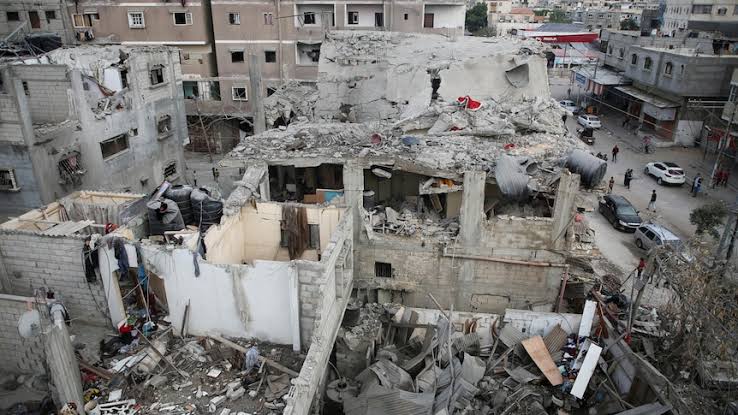
Efforts to broker a ceasefire in Gaza have hit a major roadblock after both Israeli and U.S. negotiators withdrew from talks in Doha, citing a lack of progress and accusing Hamas of insincerity.
The U.S. special envoy, Steve Witkoff, announced on Thursday that Washington was pulling its delegation from the Qatari capital for consultations following what he described as a disappointing response from Hamas.
“The latest proposal clearly shows Hamas is not committed to achieving a ceasefire,” Witkoff stated. “We are now evaluating alternative strategies to ensure the safe return of hostages and promote long-term stability for Gaza.”
Israel has remained tight-lipped about its decision to exit the talks, but a senior government official speaking anonymously to local media emphasized that the move does not signal a complete breakdown.
“There is no collapse,” the official insisted, criticizing Hamas for what was termed a “rejectionist and unfortunate approach.” He added that the Israeli team would return “as soon as a path is found to bridge the gaps and reach a final agreement.”
Hamas, for its part expressed surprise at the accusations and reiterated its willingness to continue negotiations. “The movement affirms its commitment to constructive dialogue aimed at reaching a permanent ceasefire,” Hamas said in a statement issued early Friday.
The current round of negotiations mediated by Qatar and Egypt, has dragged on for more than two weeks without significant breakthroughs. While all parties acknowledge progress on some fronts, sharp disagreements persist on critical terms, such as hostages and aid delivery mechanisms.
Meanwhile, the humanitarian crisis in Gaza continues to worsen as the United Nations Relief and Works Agency (UNRWA) reported that one in five children in Gaza City is now malnourished, with cases climbing daily.
Over 100 international humanitarian organizations and advocacy groups have warned of impending mass starvation and are urging swift international intervention.
Despite controlling the flow of goods into Gaza, Israeli officials deny imposing a siege and blame Hamas for food shortages. Israel terminated aid deliveries in early March following a brief ceasefire, later easing the blockade but only partially.
This has left essential supplies such as food, fuel, and medical resources in critically short supply.
According to the UN’s human rights office, over 1,000 Palestinians have been killed in the past two months while attempting to access food aid. Most of these fatalities occurred near U.S.-secured distribution centres within Israeli military zones. An additional 288 deaths were reported near UN and other humanitarian convoys.
Israel maintains that it does not deliberately target civilians, asserting that its forces only fire warning shots when necessary to maintain order near chaotic aid distribution points. The Israeli military campaign in Gaza was launched following Hamas’s attack on southern Israel on October 7, 2023, which left 1,200 people dead and 251 taken hostage.
Since then, the Hamas-run health ministry in Gaza reports that over 59,000 people have been killed in the enclave, underscoring the immense human cost of the ongoing conflict.